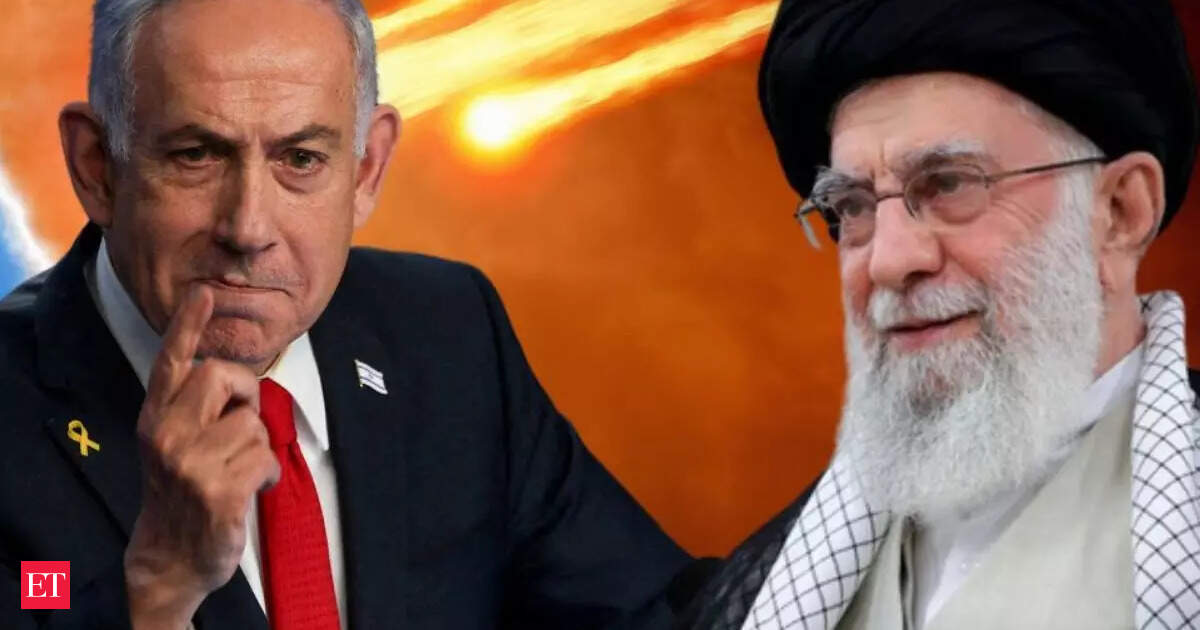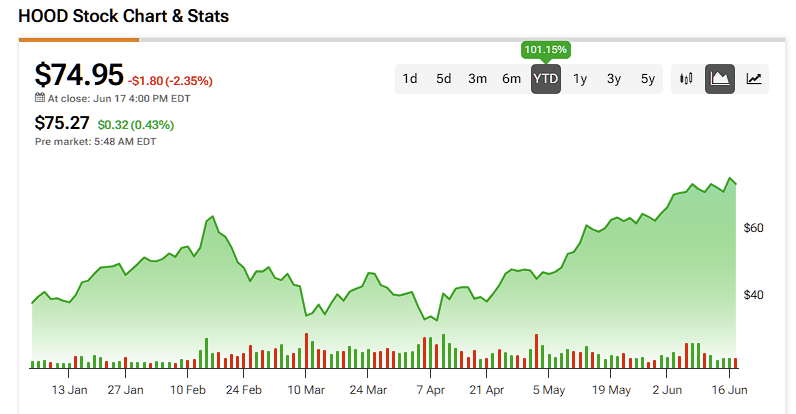
While World War III remains a hypothetical scenario at this juncture, the ongoing conflict between Iran and Israel has heightened geopolitical tensions, eliciting concern from international observers about the possibility of a wider confrontation involving major global powers, including the United States.
The escalatory rhetoric and military engagements in the Middle East have drawn increased international attention, as regional instability threatens to upset the fragile balance of power. Analysts warn that further involvement by countries such as the U.S., Russia, or nations within the European Union could transform a regional dispute into a more extensive and dangerous global conflict.
In recent weeks, reports have indicated intensified military actions and diplomatic friction, with various incidents raising alarm over unintended escalations. The United States has expressed strong support for Israel, while also calling for restraint to avoid a broader conflagration. Iran, on the other hand, has reiterated its defense posture in response to perceived provocations.
The international community, including the United Nations, has urged all parties involved to pursue diplomatic solutions and de-escalate the situation. However, with no clear resolution in sight and longstanding historical tensions in play, fears persist that a spiral of retaliatory actions might trigger involvement from broader alliances or military coalitions, echoing the chain reactions that led to previous world wars.
While the global diplomatic apparatus continues to work towards maintaining peace and stability, the ongoing Iran-Israel conflict remains volatile and closely monitored by world leaders and defense analysts alike.
Source: https:// – Courtesy of the original publisher.








